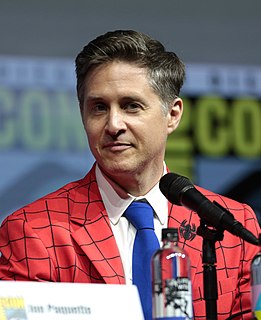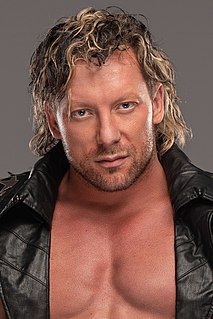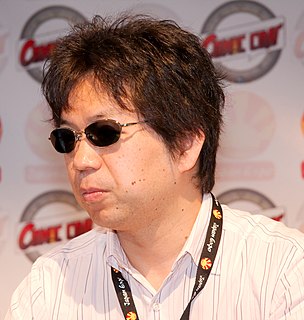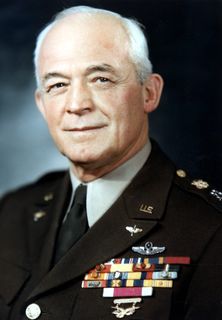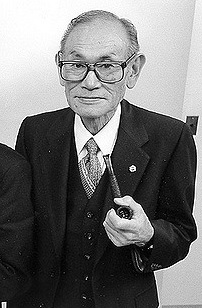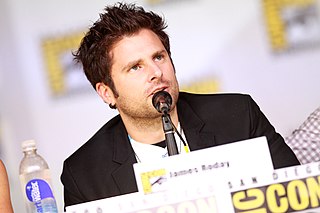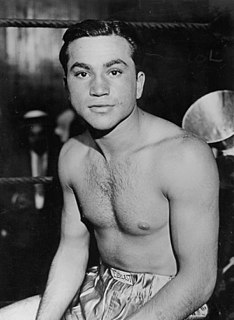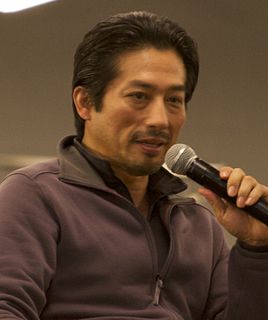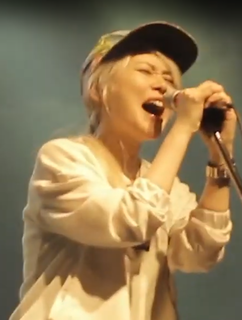A Quote by Yuri Lowenthal
I speak from a nerd's perspective because I've been watching anime since I was a kid. I grew up on 'Speed Racer' and 'Star Blazers' and 'Battle of the Planets,' and those were some of my first A) cartoons and B) introduction to Japanese couture before I even knew they were Japanese.
Related Quotes
As well as Japanese animation, technology has a huge influence on Japanese society, and also Japanese novels. It's because before, people tended to think that ideology or religion were the things that actually changed people, but it's been proven that that's not the case. Technology has been proven to be the thing that's actually changing people. So in that sense, it's become a theme in Japanese culture.
They didn't incarcerate the Japanese-Americans in Hawaii. That's the place that was bombed. But the Japanese-American population was about 45 percent of the island of Hawaii. And if they extracted those Japanese-Americans, the economy would have collapsed. But on the mainland, we were thinly spread out up and down the West Coast.
I get star-struck anytime I meet performers that I grew up watching and appreciating. I mean, it's still incredibly surreal to me that I was a kid in San Antonio watching movies and then now I'm working with some of the people that were in those movies. I don't think it'll ever stop being surreal on some level.
In the early 1940s, as a young teenager, I was utterly appalled by the racist and jingoist hysteria of the anti-Japanese propaganda. The Germans were evil, but treated with some respect: They were, after all, blond Aryan types, just like our imaginary self-image. Japanese were mere vermin, to be crushed like ants.
Keanu Reeves learned a lot, respecting the culture. I was surprised when I first met him. He knew a lot already and he learned a lot. And also he learned Japanese. It's incredible. On the set, switching between the Japanese and English, even for us, is very hard. It's complicated. But the first time Keanu spoke in Japanese it was a very important scene between us, and more than the dialogue's meaning, I was moved. His energy for the film, completely perfect Japanese pronunciation. It was moving, surprising, respecting.
Japanese train signs, station signs, are really representative of the Japanese mind to me, because it always has the station where you are, the station you were previously at, and the station that is the next station. When I came to New York, I was very confused. It just doesn't say where I was and where I was going. But I realized after a while probably most people don't need to know what station you were previously at. But I think it's just some weird Japanese mentality that we need to know, we need to connect the plot.
